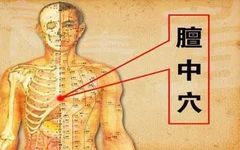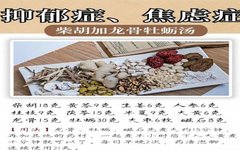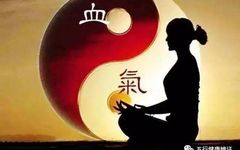Understanding Qi and Blood Imbalances: Qi Stagnation and Blood Stasis, Qi Not Controlling Blood, Qi Deficiency with Blood Stasis, and Dual Qi and Blood Deficiency
Click the blue text to follow us Qi (气) is the vital energy of the human body, while blood (血) is the source of that energy. When Qi is deficient, individuals often feel fatigued, short of breath, disinterested in speaking, have poor appetite, dizziness, and pale complexion. Conversely, when blood is deficient, symptoms may include … Read more








